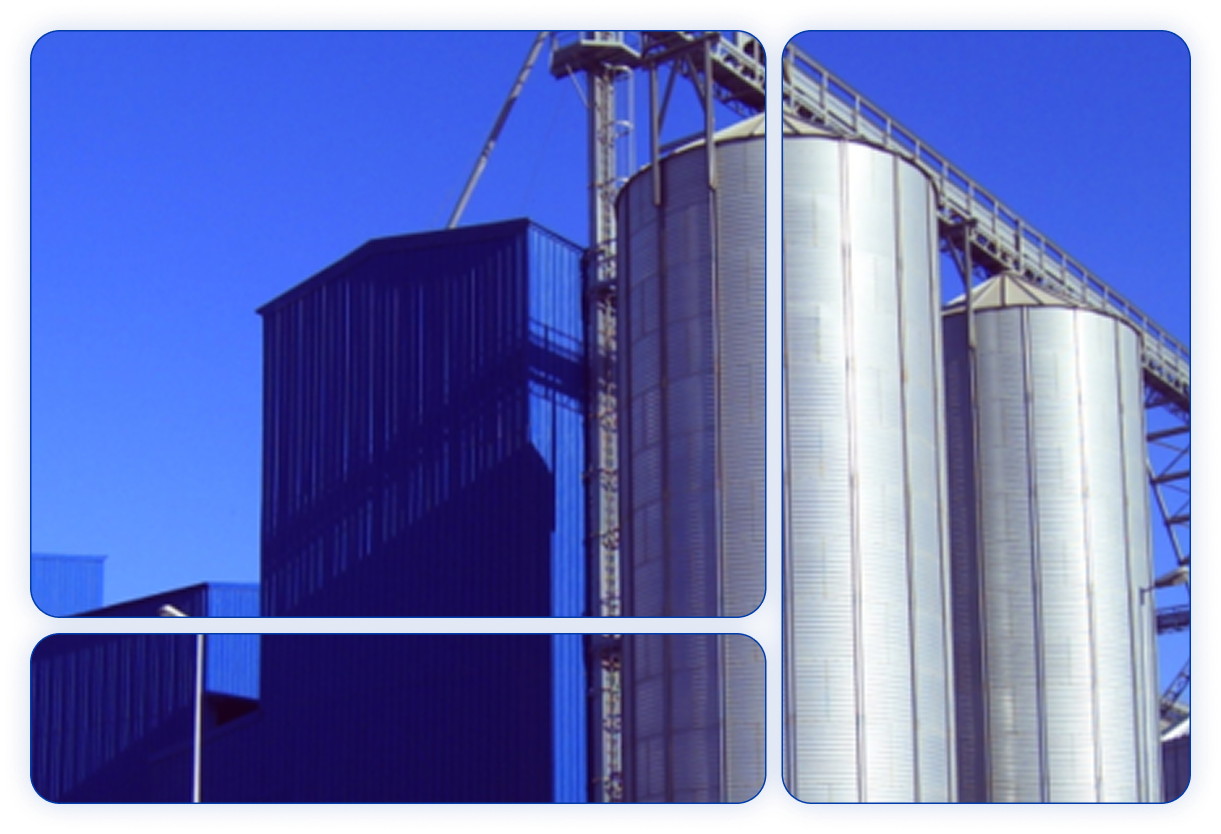
In the field of civil and infrastructure development in Iran, products related to new technologies, also known as Civil products, play a very important role in increasing the accuracy, speed and safety of projects. These products are usually used in fields such as road construction, tunneling, smart buildings, advanced monitoring, geotechnics and traffic control, agricultural pesticides and several other important areas.

In Iran, health and crisis management equipment, including field hospitals, ventilators, and rapid diagnostic kits, are produced by knowledge-based companies and institutions such as the Red Crescent and the Ministry of Defense. These equipment are used in crises such as earthquakes, epidemics, and chemical accidents.
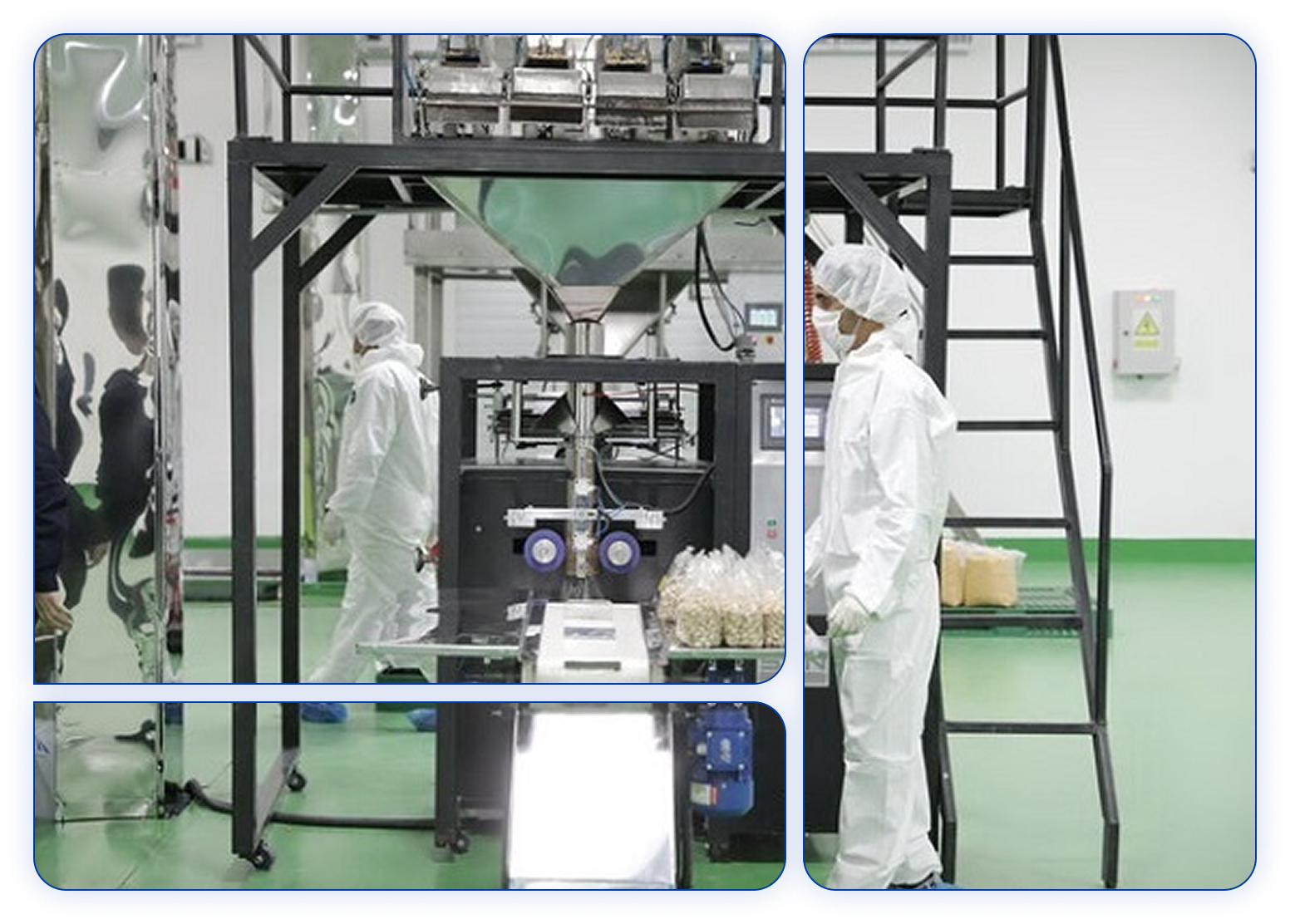
Key equipment includes truck and vehicle X-Ray systems for inspecting heavy loads, portable X-Ray or body gates for screening people, and airport scanners for baggage control. License plate recognition cameras, thermal detectors, facial recognition systems, and intelligent image analysis are also used in security, urban, and military centers, some of which are designed and manufactured by domestic companies.

In Iran, the field of chemicals and explosives includes the production and development of sensitive industrial, military and pharmaceutical materials such as nitrates, nitroglycerin and high-energy chemical compounds. Some of these products, such as Nitrodor, are produced domestically with international standards.
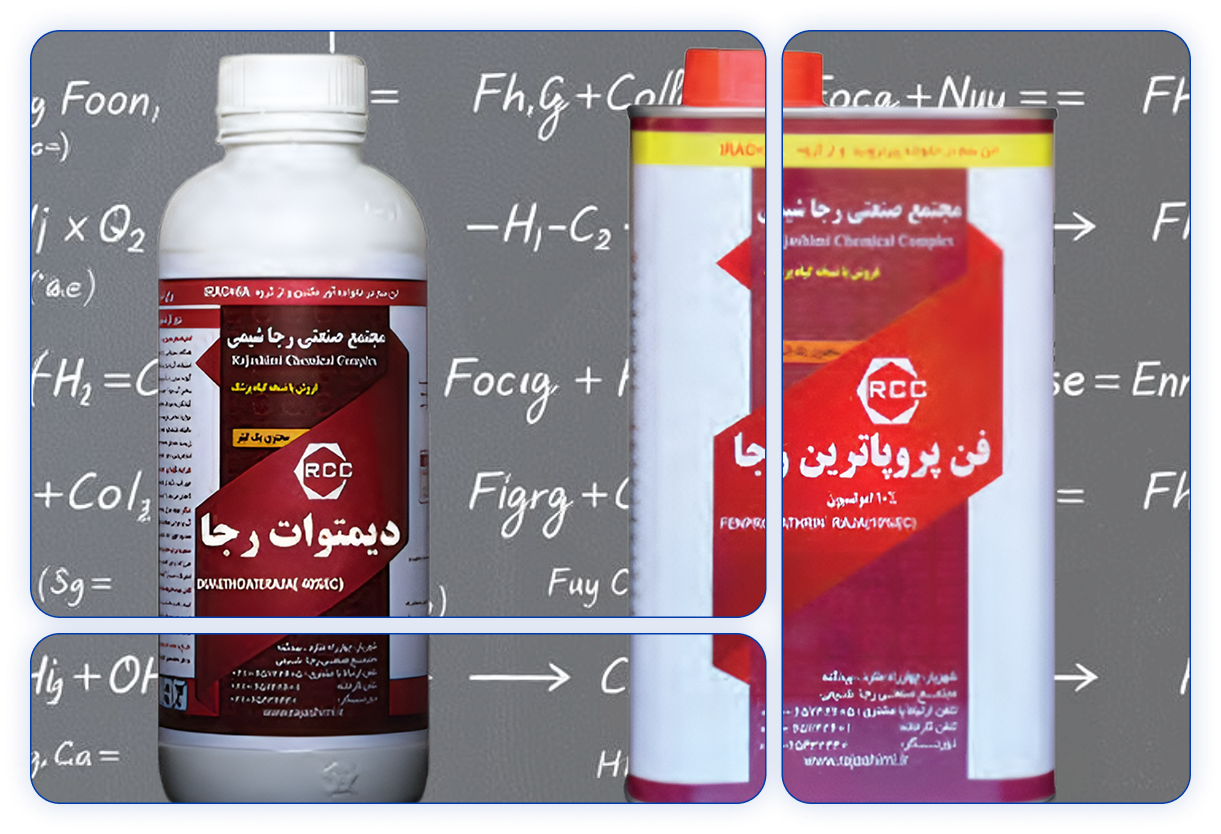
It involves the design, construction, development, and maintenance of physical infrastructure such as roads, bridges, tunnels, dams, subways, government buildings, pipelines, and municipal facilities. It is one of the main subfields of civil engineering and plays a fundamental role in economic development, transportation, energy, and urban services.
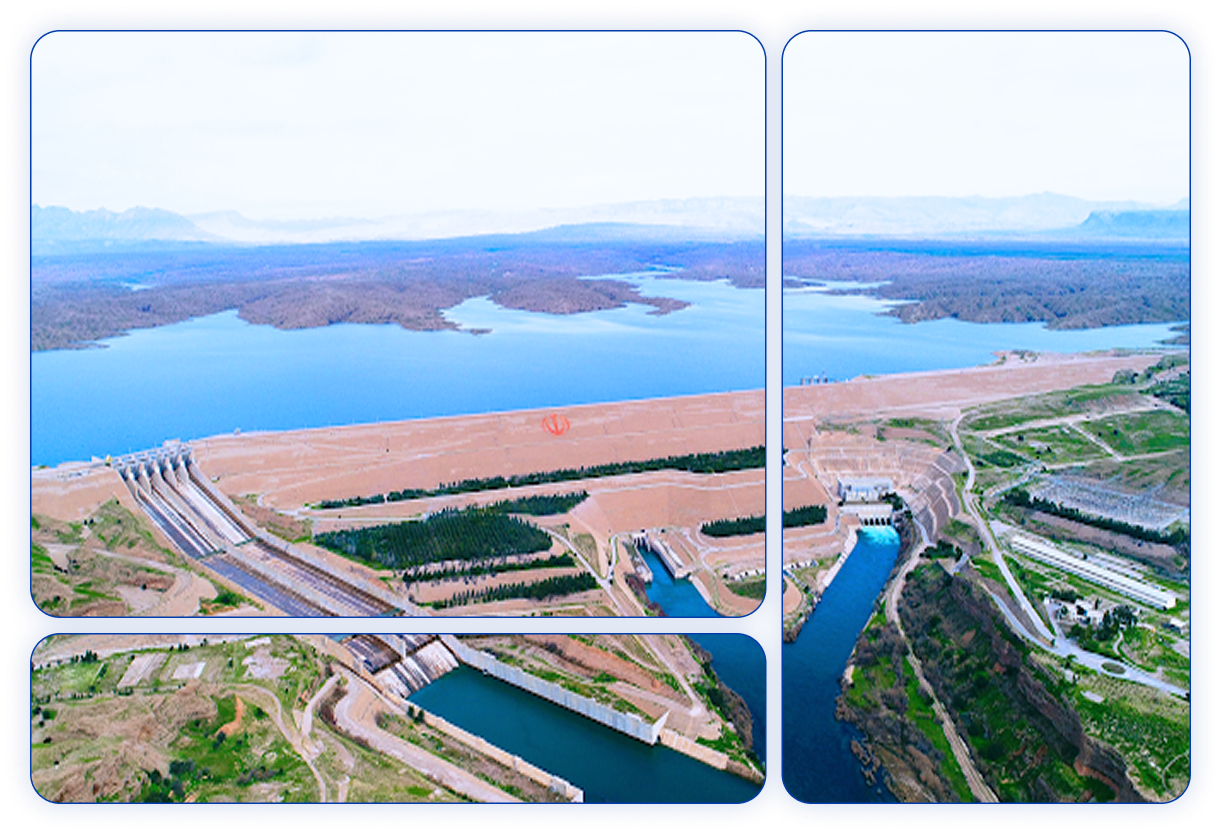
It includes the development of communication network infrastructure, the production of electronic components, telecommunications systems, communication software, and IT services. This area plays a key role in improving security, data transfer speed, and the development of new technologies.

As one of the world's largest oil and gas resource holders, Iran is actively involved in upstream and downstream energy industries. Refinery, petrochemical, transmission line projects, and the development of new energies such as solar and wind have also seen significant growth in recent years. Industrial equipment, precision instruments, and smart monitoring and operation technologies are among the main needs in this field.
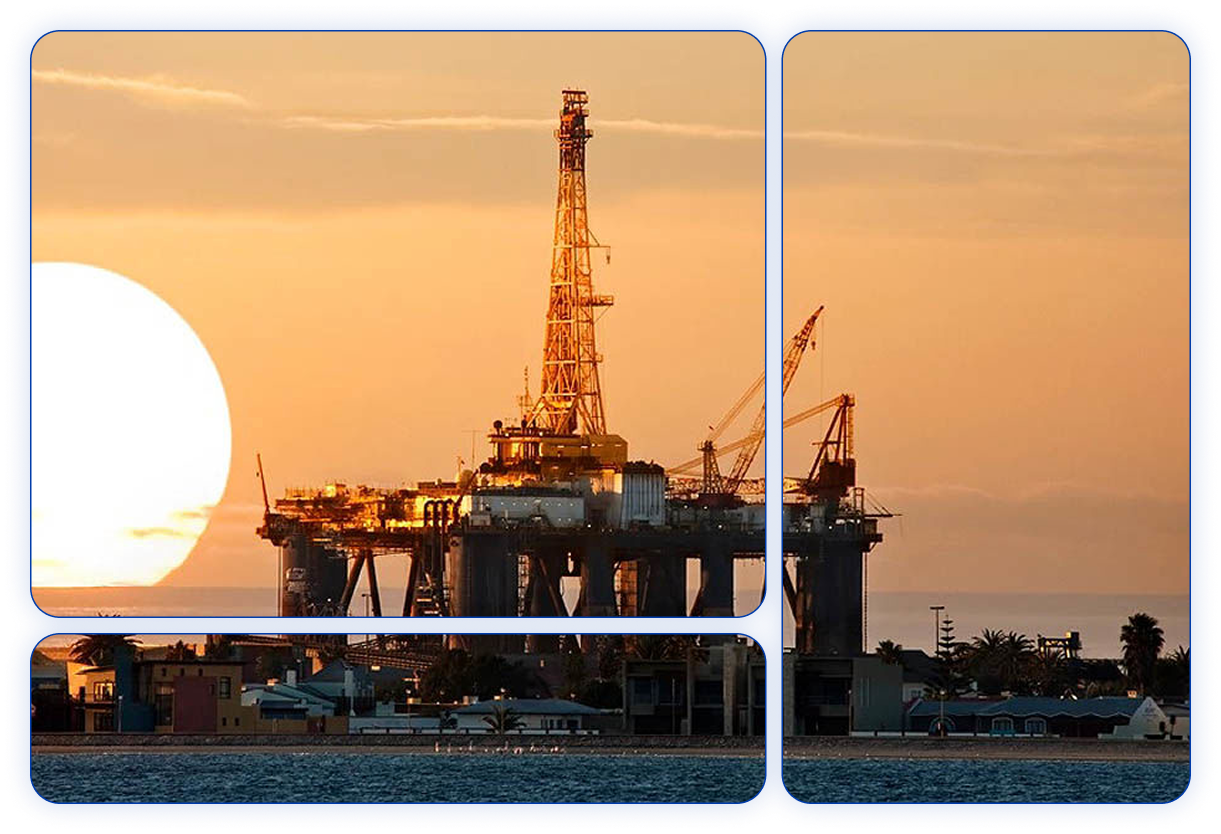
Iran pays special attention to developing infrastructure and localizing strategic equipment in the fields of land, air, and sea transportation. From military and logistics vehicles to patrol vessels and reconnaissance drones, this field encompasses a wide range of advanced technologies. Navigation, control, and maintenance systems are also key parts of this industry.

In Iran, these industries, relying on a skilled workforce and domestic capacities, meet part of the domestic market needs and also supply regional markets. Advances in automation, product quality, and packaging innovation are among the priorities for the development of these sectors.
